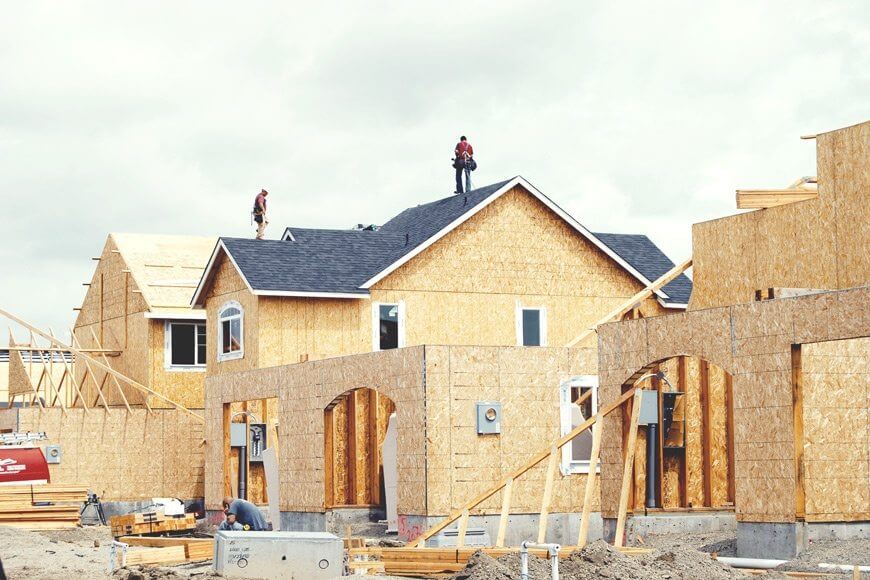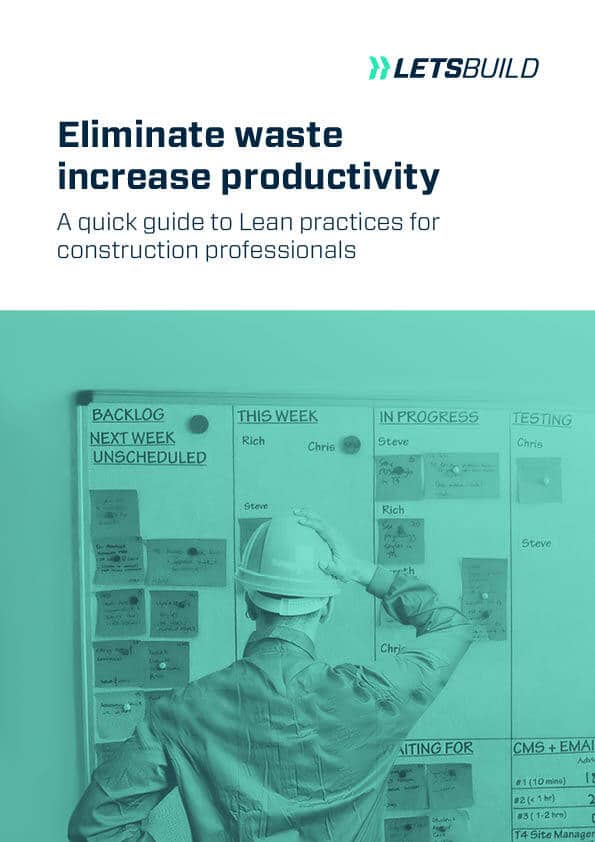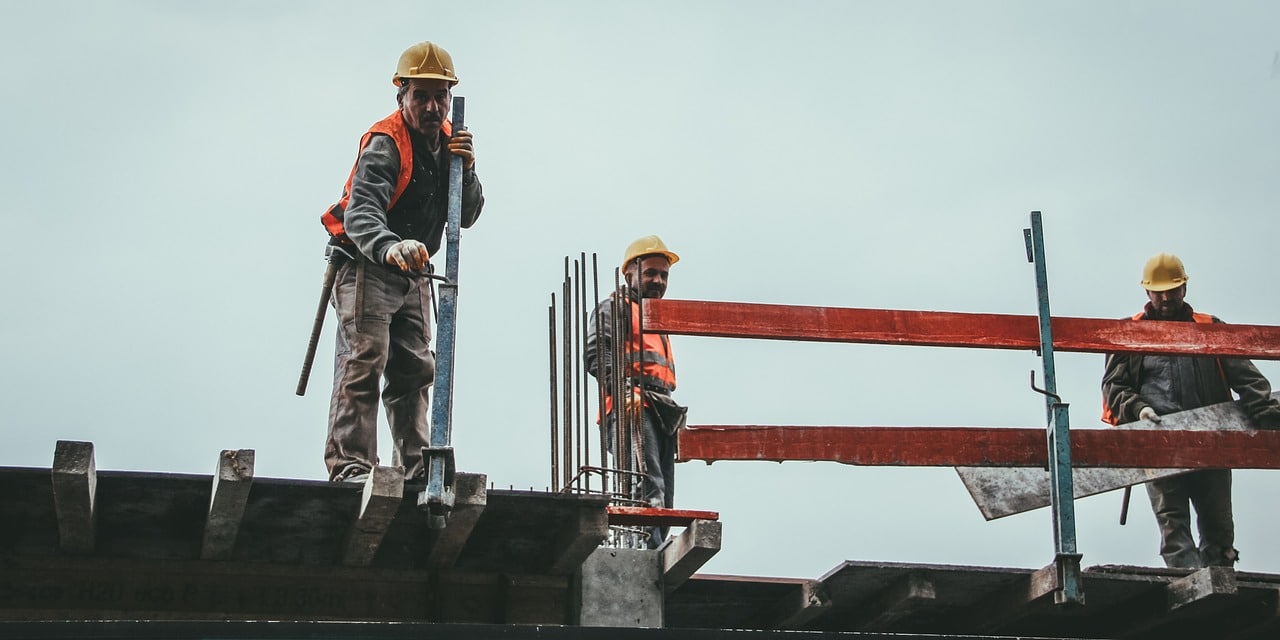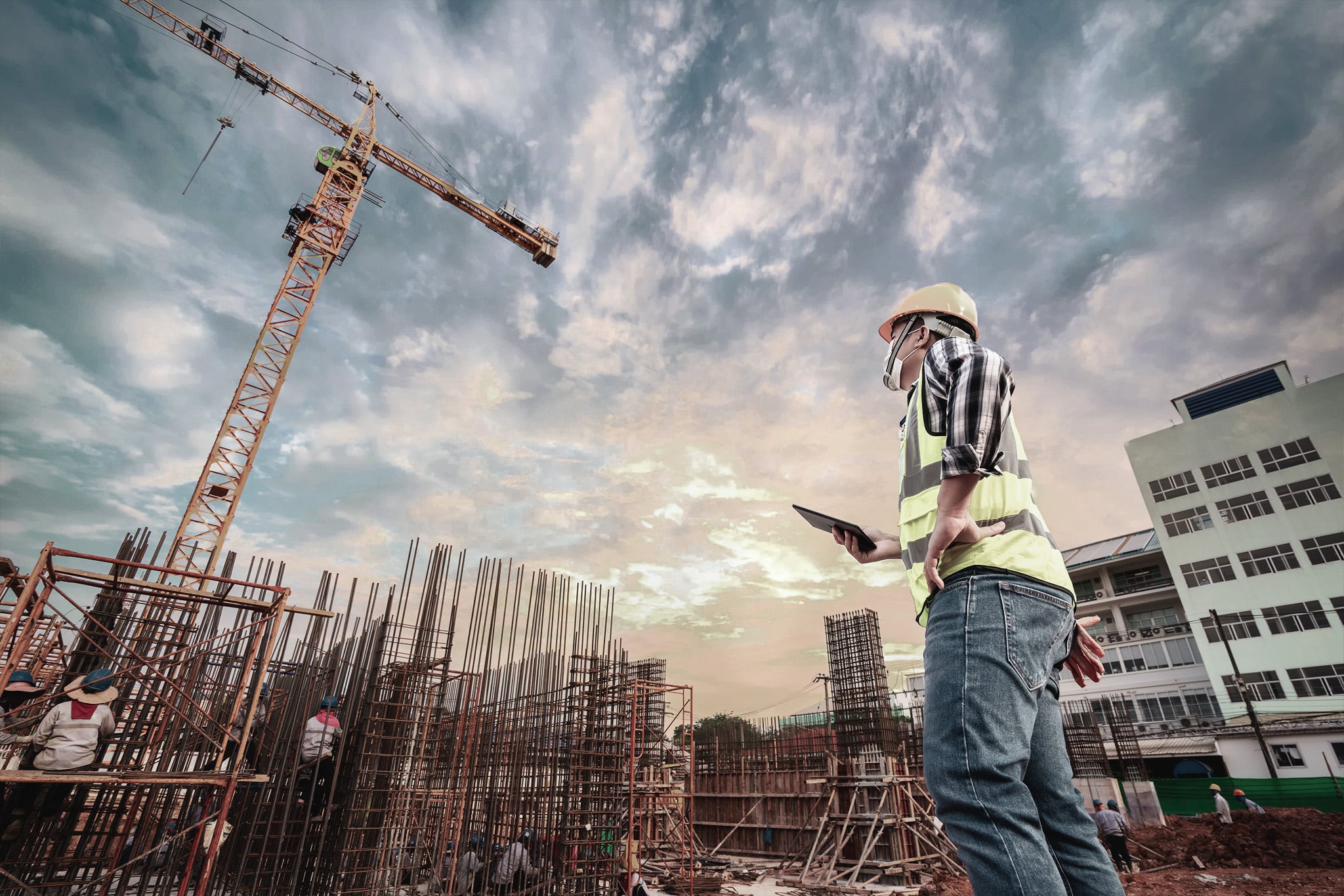Well, we builders do like, in a very self-effacing, modest way to pose!
I must have been very important because, on one project, a major distribution depot for one of the Catalogue companies, we had materials delivered by helicopter. Now that would have been an expensive method of delivery which would, I’m sure, have impacted the profitability of the project for us, except that it was oddments of rather up-market stuff that one of the client’s Directors had imported for use in his own office. They picked up the bill for that!
On another project I had materials delivered by plane! Oh, okay, the final 3 or 4 miles of delivery was in vans. They were military vans with an escort of armed Army personnel. I’ve no idea what it was that we had delivered. We were all kicked out of the way and the stuff was placed in secure units we’d already completed and handed over the keys for. I dare say the lads could have got in if they’d wanted to, but they decided discretion was the better part of valour! This was another unusual delivery method which we didn’t have impacting on our profitability. No idea whose budget that actually came out of.
Choo-Choo trains are another delivery method I’ve experienced. That was on a new Platform being put in to get organised for the start of the Eurostar trains back in the 1990’s. Another freebie from our point of view.
So, okay, the rest of the deliveries to the commercial construction companies’ sites I’ve worked on have been by wagon or by van. The odd, cost-free exception has been stuff picked up by people from the local Builders Merchants in their cars. However, I don’t suppose these are the “delivery methods” that are relevant for this Blog, so let’s change the approach.
On any commercial construction project materials have to be obtained. – Oh! Forgot one! Had stuff delivered by boat, too! Concrete of all things! It was a long-sea outfall with a tunnel dug for ¾ of a mile. The concrete was for where the drains surface out at sea. – Sorry, to continue:
Several Factors Have to Be Considered When Thinking of Material Delivery
- Procurement periods.
- When the materials are actually required.
- Supplier’s minimum order quantities.
- Price variations incurred by delivery costs for varying size quantities. Only half a full load and the transport cost doubles per unit of material.
- Storage requirements, e.g. containers or just stacked outside.
- Physical space on site for storage
- Material handling – hand-ball, fork-lift or crane?
- Availability of space for the materials where they will actually be used.
- Hours in which delivery vehicles are allowed at the site by the Planning Permission.
- Time of day or night when the materials will actually be stacked where they are required.
I reckon that, of that list, the most important if the first one; procurement periods. That has to be researched before the start on site to make sure there won’t be any hold-ups. If the materials aren’t here, work cannot be done! Simple! Then LAD could well kick in and adversely affect profitability before the project even started! Once procurement periods are known the delivery dates have to be closely aligned with the Programme dates for the relevant Tasks. Back to my obsession with the importance of Detailed Programmes to Completion (DPC)! Once that is all sorted out the orders can be placed for materials months in advance! The Order simply needs to specify the delivery dates!
The rest of the above list, if anything doesn’t go as so expertly planned, means additional expenditure for storage space and/or labour. Neither would be good for profitability.
Now on to the forward ordering with specified delivery dates. That, unfortunately, can go a bit wrong! Some suppliers either can’t read or decide they’ll deliver when it suits them! If that happens there are two choices:
1) send the stuff back until required,
or
2) decide there is space for it and the cash flow allows for it to be paid for that much earlier! That last point takes us to the next bit of the question …..
Once the build is sorted out on the DPC it is over to the QS’s. They have to sort out when money will be received, how much will be coming in and how much will be have to be paid out. Now, mess that up and cash might have to be borrowed which would involve finance charges. They would be detrimental to commercial construction’s profitability.
So there you have it – a quick precis of the impact of material delivery methods on the profitability of commercial construction. If we don’t get it right first time, every time, it can have a pretty profound impact on profitability!
Written down it sounds pretty complicated, but us lot, we do it all the time!




